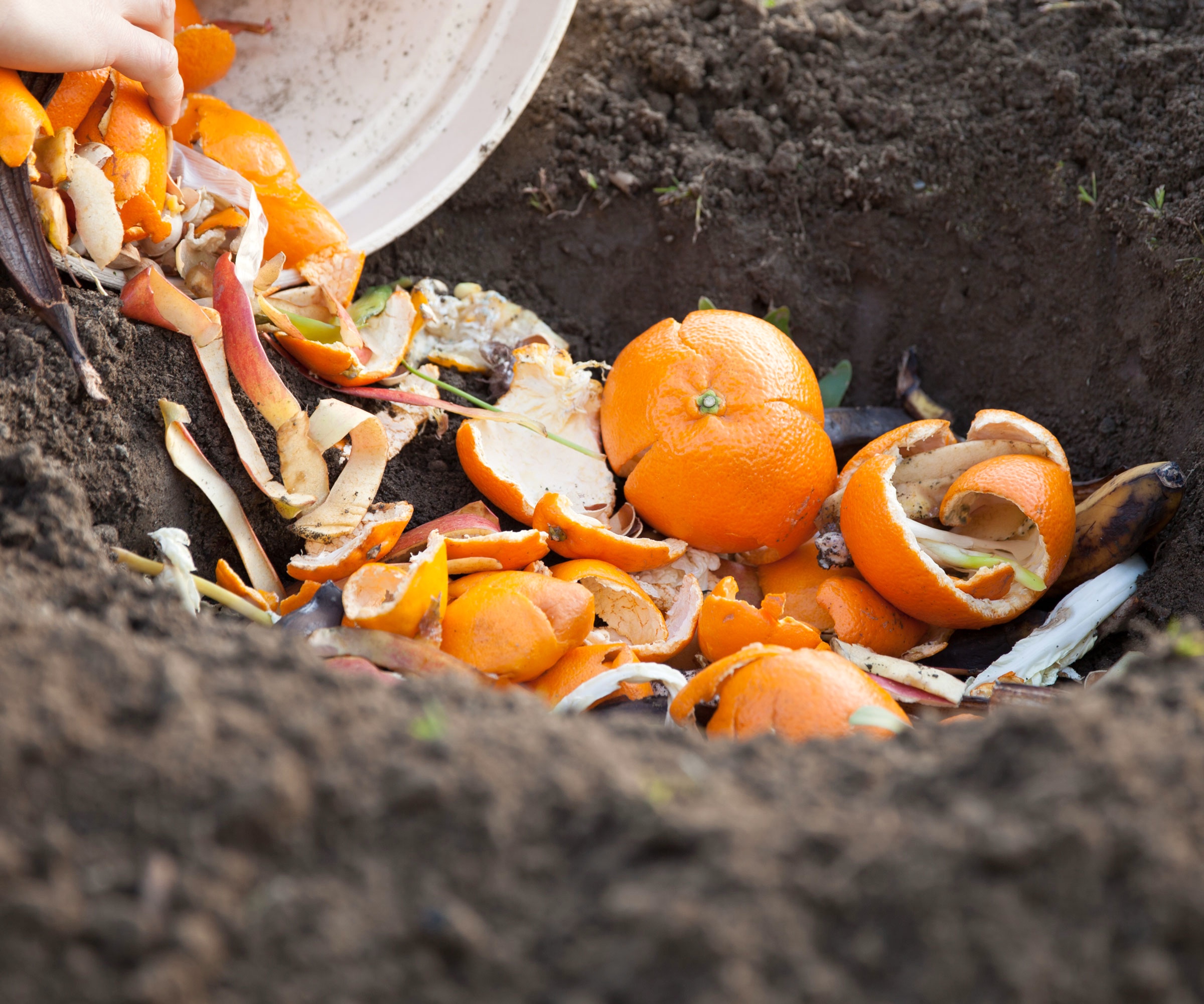Introduction
Orange peels are often discarded as kitchen waste, but they hold surprising benefits when used in the garden. Incorporating orange peels in garden care can improve soil health, deter pests, and contribute to a sustainable gardening routine. This article explores the multiple uses and advantages of orange peels in garden settings, backed by expert insights and practical tips. Whether you’re a beginner or seasoned gardener, understanding how to utilize orange peels can enhance your garden’s vitality naturally and effectively.
Why Use Orange Peels in Your Garden?
Nutrient-Rich Organic Matter
Orange peels contain essential nutrients such as nitrogen, phosphorus, potassium, calcium, and magnesium. When added to soil or compost, these nutrients enrich the growing medium, promoting healthy plant growth. Experts emphasize that the slow decomposition of orange peels releases nutrients gradually, improving soil fertility over time.
Natural Pest Repellent
The natural oils in orange peels, especially limonene, act as a deterrent to common garden pests like aphids, ants, and slugs. Research shows that these citrus oils disrupt the scent trails and feeding habits of pests, reducing infestations without harmful chemicals.
Eco-Friendly Waste Reduction
Using orange peels in the garden supports sustainable gardening by reducing organic waste sent to landfills. This practice aligns with eco-conscious gardening trends that encourage reuse and recycling of kitchen scraps.
Effective Ways to Use Orange Peels in the Garden
Composting Orange Peels
Adding orange peels to your compost pile is an excellent way to recycle nutrients. Chop the peels into small pieces to speed decomposition and balance them with green materials like grass clippings. Avoid adding excessive amounts at once, as the citrus acidity can slow down microbial activity.
Mulching with Orange Peels
Dried and shredded orange peels can serve as mulch to suppress weeds and retain soil moisture. Their aromatic oils also help repel insects. Spread a thin layer around plants, being careful not to create a thick barrier that might hinder water penetration.
Homemade Orange Peel Fertilizer
Steeping orange peels in water creates a nutrient-rich liquid fertilizer. Simply soak chopped peels in a jar of water for 1-2 weeks, strain, and dilute before applying to plants. This natural tonic boosts plant health and yields.
Pest Deterrent Sprays
Blend orange peels with water and a mild soap to create a natural pest spray. This mixture can be sprayed on affected plants to combat aphids and other insects safely.
Considerations and Precautions
Avoid Overuse
While orange peels are beneficial, excessive amounts can raise soil acidity and potentially harm sensitive plants. Monitor soil pH regularly and apply peels in moderation.
Potential Attraction of Wildlife
Some animals might be attracted to citrus peels. To prevent unwanted visitors, bury peels deeper into the soil or compost rather than leaving them exposed.
Allergies and Sensitivities
Use gloves when handling citrus peels if you have sensitive skin, as the oils can cause irritation.
Real-World Insights and Expert Opinions
Gardening expert Dr. Lisa McKinnon notes, “Incorporating orange peels into your garden is a simple, natural method to enhance soil nutrients and reduce pests without chemicals.” Studies from the University of California support using citrus waste in compost to improve soil structure and microbial diversity.
Home gardener James Patel shared, “Since I started using orange peel mulch around my tomatoes, I’ve noticed fewer pests and healthier plants overall. It’s an easy and eco-friendly trick everyone should try.”
Conclusion
Orange peels offer multiple benefits for garden enthusiasts, from enriching soil with vital nutrients to naturally deterring pests. By composting, mulching, or creating homemade fertilizers and sprays, gardeners can harness the power of orange peels sustainably. However, mindful application and monitoring are essential to avoid potential drawbacks like increased soil acidity or attracting wildlife. Embracing orange peels in your garden routine not only promotes plant health but also contributes to eco-friendly gardening practices. Try integrating orange peels today and watch your garden thrive naturally!
